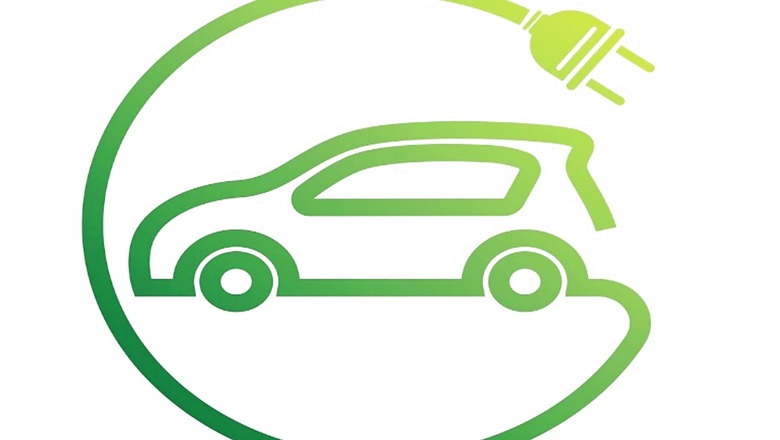
views
The EV makers on Friday welcomed the amended battery safety norms notified by the government, as consumers’ fear grows over battery explosions and fire incidents, especially in the EV two-wheelers. The newly-issued guidelines by the Ministry of Road Transport and Highway include amendments to safety requirements related to battery cells, onboard chargers, design of battery packs, and thermal propagation due to internal cell short-circuit leading to fire.
The draft notification was issued after the Ministry formed an expert committee to recommend additional safety requirements in the existing battery safety standards, as several battery fires rocked the nation this year.
After more than two dozen electric two-wheelers caught fire in March and April, around 7,000 units were “voluntarily” recalled by electric scooter makers such as Ola, Pure EV, and Okinawa. According to Dr. Akshay Singhal, Founder, and CEO of Log9 Materials, advanced battery technology, and deep-technology startup, the safety standards have been long overdue.
Also Read: Following EV Fires, New Battery Testing Norms to Apply from October 1
“With safety guidelines and regulations now conceptualised and designed as per the Indian operating conditions, we are confident that, in the future, every battery manufacturer and original equipment manufacturer (OEM) will take full responsibility and go above and beyond to ensure that every single EV that reaches Indian roads is the safest of the lot,” Singhal said in a statement.
The inclusion of battery cells, onboard chargers, battery pack design, and heat propagation due to internal cell short circuits leading to fire effectively encompasses all essential variables, “that could jeopardise a customer’s safety, providing an additional push towards EV adoption,” he noted.
The Centre has recommended additional safety requirements in the existing battery safety standard, with effect from October 1. Based on the recommendations of an expert committee report, the Ministry issued amendments to AIS 156-specific requirements for motor vehicles of the L category (motor vehicles with less than four wheels and a quadricycle) with an electric powertrain.
It also issued an amendment to AIS 038-specific requirements for Electric Power Train of motor vehicles of the M category (motor vehicle with at least four wheels used for carrying passengers) and N category (motor vehicle with at least four wheels used for carrying goods which may also carry persons in addition to the goods).
Kalyan C. Korimerla, Managing Director, Etrio Automobiles Pvt Ltd, said that the additional safety requirements for battery cells, battery packs, BMS, etc., when implemented, can greatly help the OEMs win the confidence of EV end-users by rolling out robust and safe vehicles.
“Safety standards such as these are extremely important in not only saving lives and minimising fleet asset damage, but also play a pivotal role in making the public feel safe in switching to electric vehicles,” he said.
A recent report revealed that only 1 percent of household consumers plan to buy an e-scooter in the next six months amid safety and performance concerns, as the government probes multiple fires in electric two-wheelers.
Read all the Latest Auto News and Breaking News here




















Comments
0 comment